With the increasing use of the internet, Digital Marketing has become a very essential component for any successful business. Digital marketing is the process of promoting and selling products or services to a target audience on the Internet. There are two main types of digital marketing: organic and inorganic.
While both types have their own advantages and disadvantages, it is important to understand the differences between them and determine which one is right for your business.
Organic Marketing
Organic marketing which is also known as inbound marketing is the process of promoting different services and products by using different non-paid methods.
Organic marketing mostly includes creating content that the potential customers want to see and are attracted to therefore it is also known as inbound marketing.
Some of the examples of organic marketing include;
- search engine optimization (SEO)
SEO is the process of optimising both your website and the content so that it is easier for Google web crawlers to crawl your website and improve the web page’s visibility and ranking on search engine results pages.
- content marketing
Content marketing as we all know involves creating and sharing valuable content that attracts and engages your target audience.
- social media marketing
Social media marketing basically uses different social media platforms to promote your brand and its products or services.
- email marketing
Email marketing is sending out emails to your subscribers as well as your target audience to keep them informed about your brand and its offerings.
Advantages of Organic Marketing.
Organic marketing has a lot of advantages. It is one of the most cost-effective methods because it relies on non-paid methods.
Another advantage of organic marketing is that it helps you build a longer-lasting impact because it is based on building relationships with your target audience.
Lastly, organic marketing can help you build credibility and trust with your target audience because it is focused on providing value and relationship building.
Disadvantages of Organic Marketing!
However, organic marketing can also have some disadvantages.
First of all, It can take a lot of time to see results because it solely relies on building relationships and creating valuable content.
Secondly, it can be a little difficult to measure how effective organic marketing is because of some factors such as brand awareness as they are a little difficult to measure. however, we can understand and measure its effectiveness by understanding the key metrics such as customer engagement, reach, likes, conversions etc.
In short, organic marketing is like a garden. Just like planting a garden requires time, effort, and patience to see the fruits of your labor, similarly, organic marketing also requires your investment in creating valuable content and building relationships with your target audience over time.
And with time organic marketing can provide you with a sustainable source of leads and conversions for your business.
Paid Marketing or Inorganic Marketing.
Paid marketing as the name suggests involves the usage of paid marketing channels to reach out and engage its potential customers. Paid marketing or inorganic marketing mostly includes methods like
- PPC or pay-per-click advertising,
- display advertising
- telemarketing
- trade shows
- print ads
- outdoor ads
- radio ads
- TV ads
Advantages of Paid or Inorganic Marketing.
Just like organic marketing, Inorganic marketing also has several advantages. It can generate results quickly because it uses paid channels
Secondly, it is comparatively easier to measure effectiveness because it is based on tangible factors such as clicks, conversions, and sales.
Inorganic marketing can also help increase brand visibility and reach a wider audience.
Lastly, Inorganic marketing allows businesses to precisely target their ideal audience, through micro-targeting.
Disadvantages of Inorganic Marketing.
While there are some advantages to inorganic marketing, there are also some potential disadvantages to consider. One key disadvantage is that it is comparatively more expensive than organic marketing because here the company has to pay for different ads, click, impression, or action taken by users which can lead to high costs. Moreover, inorganic marketing efforts are not as effective as organic marketing in relationship building and long-term relationships with customers.
In short, inorganic marketing is like fast food. Just as fast food is used to satisfy hunger quickly but it does not provide the same long-term health benefits as a healthier meal, similarly inorganic marketing may be able to generate clicks and impressions quickly but it may not be able to build the same long-term relationships with customers as organic marketing strategies.
Which is Right for Your Business?
There is no one-size-fits-all solution when choosing between organic and inorganic marketing. The best option will rely on several variables, including your marketing objectives, target market, and budget.
Organic marketing might be the best option for you if you have a tight budget and want to establish lasting relationships with your target market. However, if you have a bigger budget and need to produce results quickly, inorganic marketing might be the best option.
Moreover, When selecting a marketing strategy, it’s crucial to keep your target market and sector in mind. For instance, social media marketing and influencer marketing may be more successful than TV advertising or print advertising if the audience that you are targeting is young and tech-savvy.
To sum up, both organic and inorganic marketing have benefits and drawbacks. The best option will rely on a number of variables, including your marketing objectives, target market, and budget.


